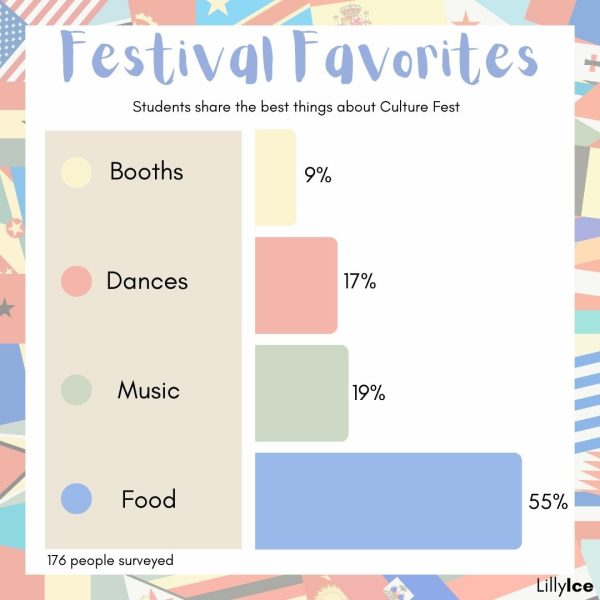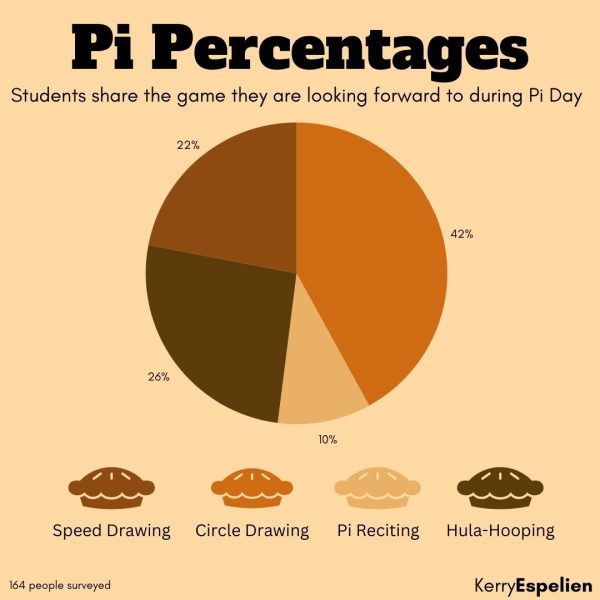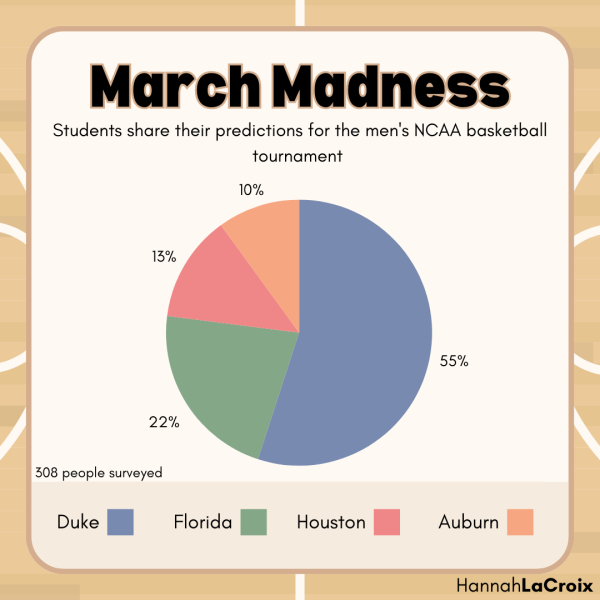Staff and students share immigration experiences and perspectives
Immigration: the action of coming to live permanently in a foreign country. The decision to leave one country occurs due to a variety of factors. Whether an immigrant is pushed away from the negative aspects of their native country or drawn to America’s opportunities, many immigrants must adjust to a new environment, such as junior Danish Khan’s parents. Khan’s parents are both immigrants from Pakistan who immigrated to America about 25 years ago.
“Both of my parents saw that America had a bigger opportunity to develop a better lifestyle,” junior Danish Khan said. “My dad wanted to work hard in Pakistan so he could become a doctor here and he saw the most amount of success was through people who lived in America.”
He said his parents saw that America was able to offer more job opportunities, which drew them toward making the decision to move. While Khan’s mother’s side of the family has also migrated to the United States, many members of his father’s side of the family remain in Pakistan.
“The only time I visited Pakistan was in 2006,” Khan said. “I got to meet a side of the family I hadn’t met before and they showed me their culture and how different it is from people in America.”
Khan said he and his family continue to celebrate cultural holidays. His family celebrates Eid, a Muslim holiday that is celebrated twice a year, where Khan says he “celebrates and [has] friends and family over.” Although not traditional to his parents’ home country, Khan said he and his family assimilate to American culture by getting a Christmas tree and that they understand it is important to appreciate other values as well. Along with Khan’s family, many other immigrants weave American culture into their own, like sophomore Esther Lee’s family.
“We celebrate Chinese New Year, but as Christians and American citizens, we also partake in many holidays in the United States,” Lee said.
Lee’s parents are both Asian immigrants. Her father is from Malaysia while her mother is Taiwanese. Both of them came to America to study and decided to permanently move and are currently the only members of their families who immigrated to the United States. Although visiting family may be common for students with families who live comparatively closer, Lee said those with family members in other countries are not always able to.
“It’s expensive traveling back to Asia with seven family members,” Lee said. “We only go every couple of years.”
Although staying connected is not always easy, Lee said her family finds ways to manage by using various apps to stay in touch. French teacher Emilie Grant said she understands the challenges immigrants face after they leave their home countries due to her experiences following immigrating to the United States from France in 2000.
“The hardest part for me [initially] was not being able to see my friends,” Grant said. “Family life is affected during the holidays because I am too far to celebrate with them. It’s especially hard around the holidays which are not celebrated in your country of residence.”
Immigration can come with struggles in staying close to friends and family members who are no longer seen daily, and although people move in hopes of greater opportunity, adapting to change is not always simple.
“It does not matter where you are from, where you are moving to and why you are moving,” Grant said. “It’s always hard to move to a new country. I always hear people saying how it’s hard to move from one state to another state — imagine changing country.”
Not only is one’s physical environment affected, Grant said she believe cultural differences become key changes. Lack of understanding of culture, not only by the immigrants but by Americans, can create tension.
“I don’t know of any immigrant who hasn’t been discriminated against at some point in their life,” Grant said. “The difference between one immigrant and another is the degree of discrimination and its frequency.”
Grant said this discrimination can be attributed to ignorance about other people and cultures.
“One should not feel sorry for the immigrant,” said Grant. “One needs to feel sorry for the person who is discriminating. There are two main reasons behind discrimination: lack of knowledge about a person’s background and culture, and feeling of inferiority.”
Grant’s view that tension is caused due to a lack of understanding is shared by freshman Chloe Fuleihan. Although Fuleihan said she herself has not felt discriminated against, she has dealt with ignorance about the her family’s culture.
““You can’t tell me something my parents have actually experienced,” said Fuleihan.
Fuleihan said she has been in multiple situations in which people who she believes are not knowledgeable on a topic argue with her about her parents’ original countries.
“I have American friends and sometimes they try to argue with me on stuff I definitely know more about since my parents are from there,” Fuleihan said. “You hear things in the news, but when you have parents from there who tell you real life stories and you’ve been to the places, you have a different perspective.”
Fuleihan’s mother and father are from Colombia and Lebanon, respectively, and both came to the United States in their twenties. Fuleihan said she visits other members as often as they can, travelling to Colombia once about every three years and visiting her father’s side of the family who lives in America as she said Lebanon is not safe. With many of her family members being immigrants, Fuleihan believes America is “a big melting pot.” She said she thinks that immigration is an important aspect of American culture and shares similar views to her parents on the current immigration policy.
“We need stronger borders,” Fuleihan said. “But it needs to be easier to get in so people don’t need to come in illegally. When my parents came to America, it was much easier to come in legally. It’s not as easy anymore.”
The recent events relating to laws regarding immigration have created political tension in the United States, with people voicing strong support on both sides. Khan said his personal relationships with his family members have led him to have a deeper understanding of the motivations for leaving one’s home country.
“I’ve talked to my cousins and uncles who have wanted to immigrate to America but are now unable to,” Khan said. “They are obviously not going to be terrorists or anything, but have had their opportunity to come here and have a better life for their families and future generations taken and I think it’s sad that that has to happen.”
Khan believes that new propositions for immigration policy are not only detrimental to those who are now unable to immigrate to the United States, but for immigrants who are currently living here illegally.
“I think it’s interesting given Donald Trump’s immigration policy essentially is ripping families apart,” said Khan. “Yes, [some] families are undocumented, but they’ve done nothing wrong. Being deported takes away the value of having a family here and America was built on immigrants, so it’s unnecessary to eliminate them because we see them as a threat.”
Not only are some immigrants facing questions regarding the legality and process of immigration, people at times face poor treatment following immigrating.
““There isn’t any intentional rude behavior but there’s a noticeable different sort of treatment,” said Lee. “For example, although both of my parents learned English before coming to the US, they still have a bit of an accent and because of this, some people speak slow to them thinking they can better understand them that way.”
Even though people may view recent events as detrimental to immigrants and people who may not fit the stereotype as “American,” some people have been able to find the positives created as a result.
““A benefit of recent events would probably be that this issue hasn’t been brought to most people’s attention until now,” Lee said. “But for the most part it has definitely hurt diversity because one shouldn’t have to let go of their roots to fit into American society. It’s important to learn to love your culture and share it with others.”
Negative views of immigrants have always been present in the United States, and although America remains one of the most diverse nations in the world, not everyone feels accepted.
“The main difficulty of being an immigrant: you are always considered an immigrant and treated as such,” said Grant. “There’s always someone [or] something to remind you that you don’t quite belong.”










